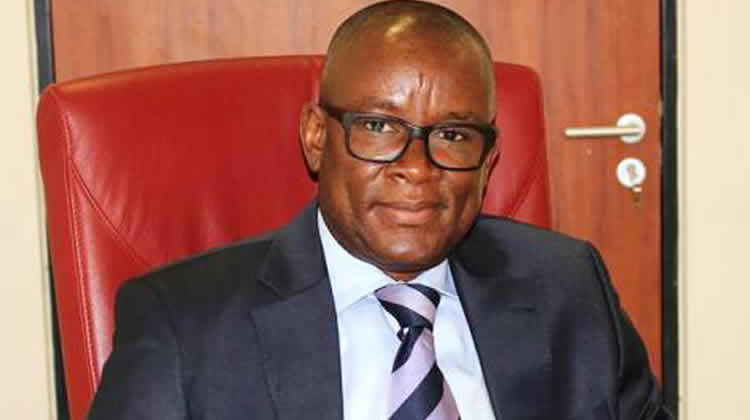The Savé Sugar Company, a joint venture between Nigeria and Benin Republic, stands as a symbol of the complex interplay between economic aspirations, bilateral relations, and the challenges of industrial management. Established in 1975, the company held the promise of bolstering the economies of both nations through sugar production. However, years of mismanagement and neglect have eroded this potential, leaving the facility in a state of decline, particularly after the departure of its last managing entity in May 2023. This situation underscores the precarious nature of industrial ventures, even those founded on international cooperation, and highlights the urgent need for effective intervention. The recent visit by Nigeria’s Minister of State for Industry, Trade, and Investment, Senator John Enoh, marks a pivotal moment in the company’s history and signifies a renewed commitment to addressing its challenges.
Enoh’s visit, the first by a Nigerian minister since the company’s inception, signifies the gravity of the situation and the importance Nigeria places on reviving the venture. His firsthand assessment of the facility’s condition provides a stark reminder of the consequences of prolonged neglect and mismanagement. The minister’s observations underscore the urgency of finding a suitable investor to inject much-needed capital and expertise into the struggling company. This undertaking is not merely about restoring sugar production; it carries significant implications for the livelihoods of those dependent on the company and the broader economic partnership between Nigeria and Benin. The minister’s words, “This is not just about sugar; it is about livelihoods, partnerships, and the shared future of our nations,” encapsulate the multifaceted nature of the challenge and the interconnectedness of economic development and bilateral relations.
The search for a core investor becomes the central focus of the revitalization efforts. The ability to attract a capable entity with the financial resources and managerial expertise to turn the company around is crucial. This search will likely involve a complex process of due diligence, negotiations, and ensuring alignment between the investor’s plans and the long-term interests of both Nigeria and Benin. The success of this endeavor will determine the future trajectory of the Savé Sugar Company and its potential to contribute to the economic growth of the two nations. Should this search prove unsuccessful, however, the Nigerian government is prepared to consider alternative strategies, including the potentially difficult decision to divest its stake in the company. This underscores the seriousness of the situation and the commitment to finding a sustainable solution, even if it means relinquishing ownership.
The potential sale of Nigeria’s equity in the Savé Sugar Company, as recommended in a 2021 joint assessment report, represents a last resort but a necessary consideration given the circumstances. This option would mark a significant shift in the ownership structure and could have far-reaching implications for the future management and direction of the company. While divestment might seem like a retreat, it could also pave the way for a new ownership structure better equipped to handle the challenges and unlock the company’s potential. This difficult decision underscores the complexities of international business ventures and the need for adaptability in the face of unforeseen circumstances. It also highlights the importance of proactive planning and continuous evaluation to avoid prolonged periods of decline and the need for drastic measures.
The meeting between Senator Enoh and Benin Republic’s Minister of Commerce and Industry, Shadiya Assouman, adds another layer of significance to the visit. Assouman’s welcoming remarks and her acknowledgment of the historic nature of Enoh’s visit highlight the importance of bilateral cooperation in addressing the challenges facing the Savé Sugar Company. This meeting signifies a shared commitment to finding a viable solution and underscores the role of open communication and collaboration in navigating complex international partnerships. The joint effort to revitalize the company strengthens the ties between the two nations and reinforces the idea that shared economic interests can serve as a foundation for deeper cooperation.
The story of the Savé Sugar Company serves as a case study in the complexities of international industrial ventures. It demonstrates the importance of sound management, proactive planning, and the ability to adapt to changing circumstances. The current efforts to revitalize the company represent a critical juncture, with the potential for either renewed success or a difficult decision to divest. The outcome will have significant implications for the economies of both Nigeria and Benin and will underscore the importance of strategic decision-making in the face of complex challenges. The shared commitment of both nations to finding a sustainable solution offers a glimmer of hope for the future of the Savé Sugar Company and serves as a testament to the power of bilateral cooperation in addressing shared economic concerns.


